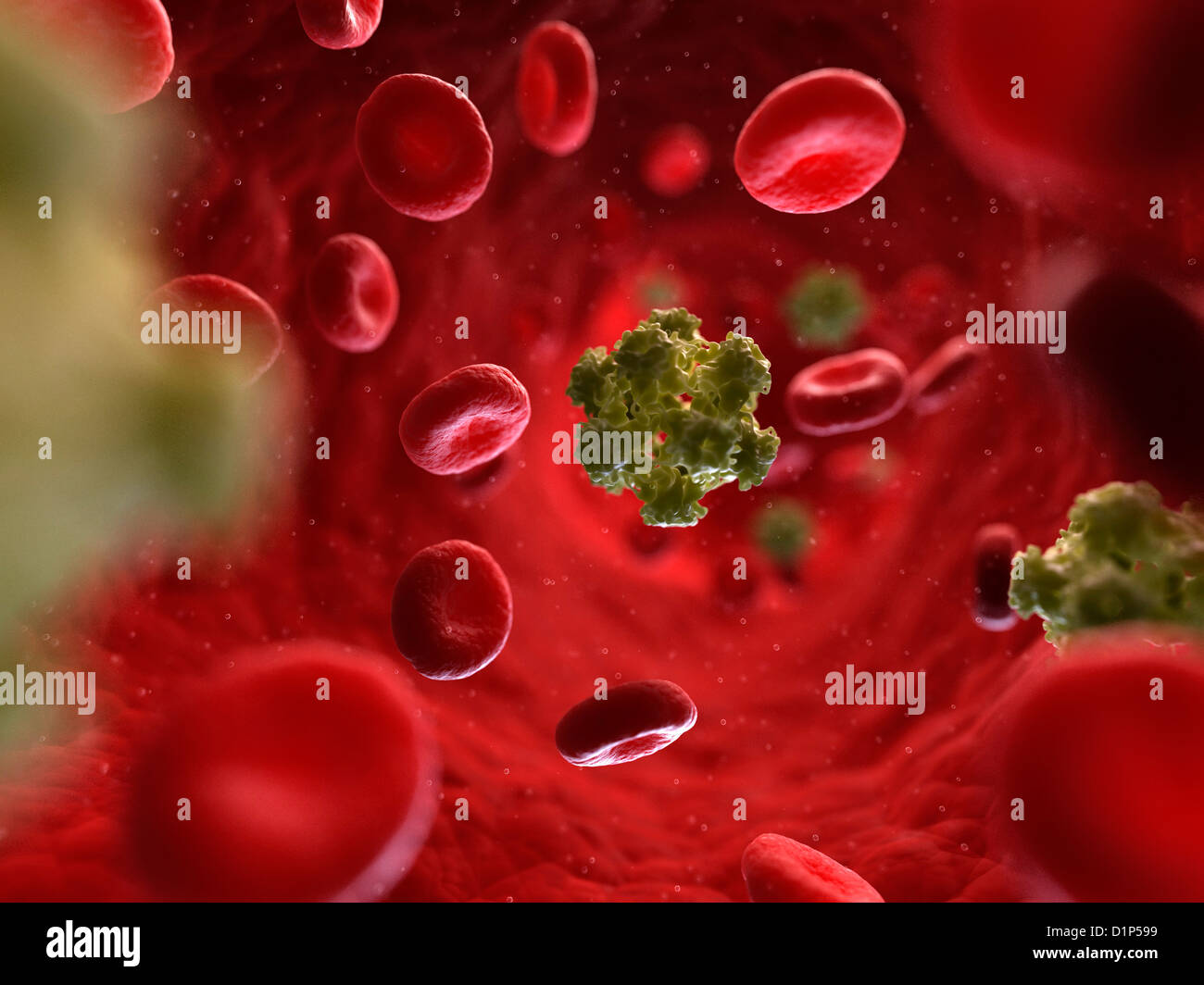Unveiling the Truth About HPV: Can It Be Cured, and What Treatments Are Available?
Human Papillomavirus (HPV) is a prevalent topic of discussion when it comes to sexual health. It’s essential to separate fact from fiction and address some common questions: Can HPV be cured with antibiotics? Can it be cured at all? What is the best medicine for the HPV virus?
Advertisement
The HPV Conundrum
HPV is the most common sexually transmitted infection worldwide. It’s essential to understand that HPV, like many viruses, does not have a definitive cure. It often resolves on its own within two years. However, not all HPV infections exhibit symptoms, and some may persist, potentially leading to various health concerns.
HPV is categorized into low-risk and high-risk types:
- Low-Risk HPV: This category includes strains that can cause benign growths such as genital warts. While they are a nuisance, these warts are not life-threatening.
- High-Risk HPV: These strains are associated with various cancers. Cervical cancer is the most well-known, but high-risk HPV can also lead to other cancers, including those of the anus, penis, vulva, vagina, and oropharynx (the back of the throat).
Can Antibiotics Cure HPV?
One common misconception is the belief that antibiotics can cure HPV. It’s essential to clarify that HPV is a virus, not a bacterial infection. Antibiotics are effective against bacteria, not viruses. Therefore, they have no curative effect on HPV.
Is There a Cure for HPV?
As of now, there is no specific antiviral medication to eradicate HPV. However, it’s important to note that most HPV infections, especially the low-risk types, clear up on their own without causing any long-term health issues. The body’s immune system typically takes care of the infection over time. While there is no cure for the virus itself, various treatments can address the health problems it may cause.
Treating HPV-Related Health Issues
Advertisement
- Genital Warts: Low-risk HPV strains that result in genital warts can be treated. Treatment methods include topical medications, freezing, laser therapy, or surgical removal. These treatments focus on removing the visible warts, but the underlying HPV infection may persist.
- Cancer Prevention: High-risk HPV strains that may lead to cancer can be detected through regular screenings and tests. For example, Pap smears can identify abnormal cervical cells caused by high-risk HPV. Early intervention is key to preventing cancer development. If precancerous changes are identified, treatments such as cryotherapy or surgical procedures can remove the abnormal cells.
Preventing HPV Through Vaccination
While there is no cure for existing HPV infections, there is an effective preventive measure: vaccination. HPV vaccines, such as Gardasil 9 and Cervarix, target the most common cancer-causing HPV strains. These vaccines are most effective when administered before an individual is exposed to the virus, typically in adolescence.
The Centers for Disease Control and Prevention (CDC) recommends HPV vaccination for both males and females between the ages of 9 and 26. Vaccination is a crucial step in reducing the risk of HPV-related cancers.
The Importance of Safe Sex Practices
Practicing safe sex, including the consistent and correct use of condoms, can help reduce the risk of HPV transmission. While condoms are not 100% effective against HPV, they provide some protection by limiting skin-to-skin contact. Limiting the number of sexual partners and practicing sexual monogamy can also lower the risk of HPV transmission.
HPV is a common virus with no direct cure. While most HPV infections resolve spontaneously, some persist and can lead to genital warts and even cancer. HPV vaccination is a proactive measure to prevent new infections, especially in younger individuals. Safe sex practices and regular check-ups remain essential in managing and preventing HPV-related health issues. If you have concerns about HPV or potential symptoms, consulting a healthcare provider is advisable for guidance and appropriate care.


Leave a Reply